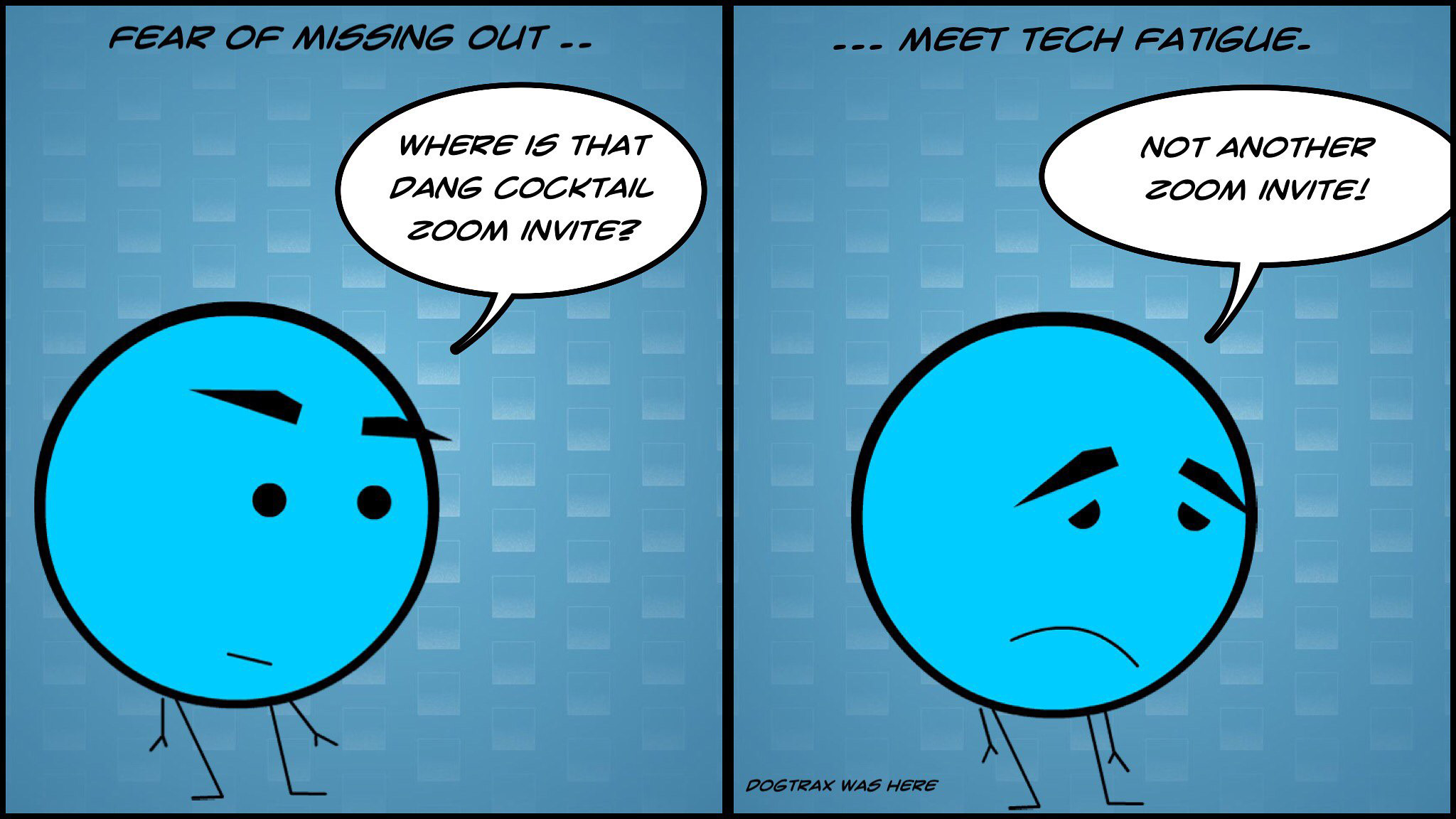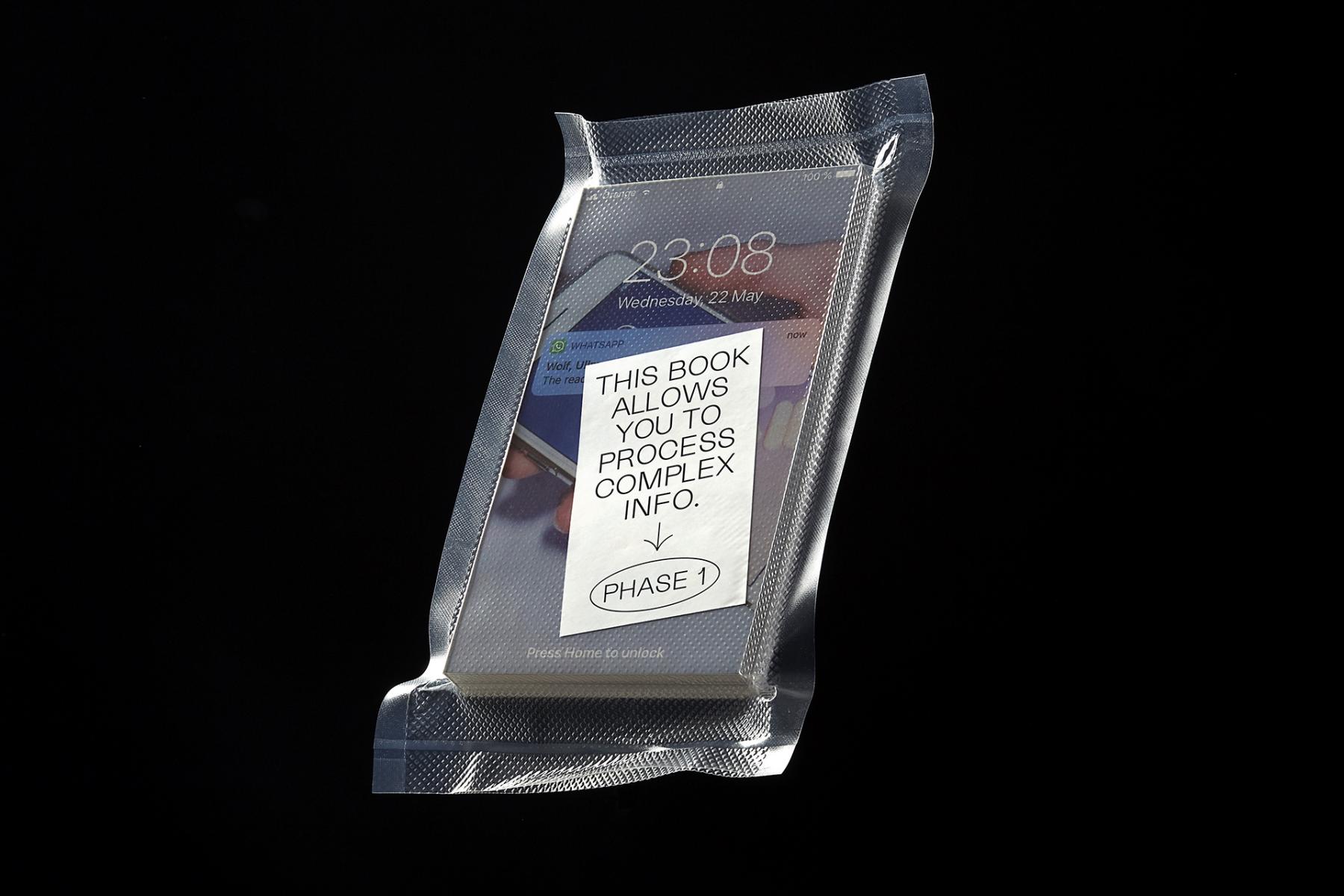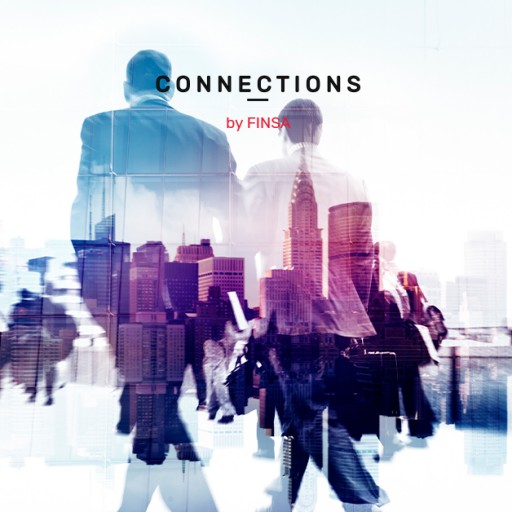The mass digitalisation of life in the wake of the coronavirus pandemic has changed our relationship with social media and other digital platforms. In another post, we looked at those championing the joy of missing out (JOMO) over the obsessive need to always be in the know about the next big thing i.e., the fear of missing out (FOMO). Now there’s another acronym on everyone’s lips: ROMO, or the reality of missing out, thanks to events being cancelled or postponed.
Before coronavirus: somewhere between FOMO and JOMO
Let’s put this new trend into perspective. As we mentioned earlier, FOMO is the fear of missing out and the need to be always be in the know. Neuropsychologist Jennifer Wolkin explained to USA Today that “a key component of FOMO is that it is underpinned by a feeling of helplessness that one is missing out on something that is crucial (and is) being experienced by others”.
JOMO, or the joy of missing out, first came about as a reaction to FOMO, with several influential figures from both digital and non-digital spaces championing this practice: from “forest bathing” in order to prevent Heidi Syndrome, to limiting the amount of time we spend on social media on our phones, including using flight mode, disabling notifications, and timers that close apps when we’ve reached a certain limit.
Technology fatigue
With the pandemic and the overload of information that came with it, FOMO has turned into the feeling of missing out on something that we will never get to experience again. Wired magazine spoke to Melissa Gratias, who explained that “FOMO has been exacerbated by the pandemic because we have both ourselves and other people as objects of social comparison—and in both cases, we come up short.”
When we lived in the “old” normal, if you didn’t manage to get tickets to a concert, a play, or for any other social event, it wasn’t a big deal because you would be able to go another time. But now, as a result of the pandemic, the events we missed out won’t be taking place in the future.
This fear has been transferred from physical events to virtual events. During lockdown, everyone was overwhelmed by the number of digital alternatives, with concerts, classes, and interviews being held online. Lalin Anik told USA Today that “now FOMO is felt toward digital experiences that we cannot be part of, either because we’re just too tired, too busy, too overwhelmed”. This is what is now referred to as technology fatigue.

Fighting “infoxication”
Designer Ferran Bretcha says that “the only addiction that has been accepted by society is our digital addiction,” and offers five tools for digital detox to help us lessen technology fatigue and promote responsible use of social media and technology. This work won Bretcha a Silver ADG Laus Award in the graphic design category.

From FOMO to ROMO
Where once there was FOMO, now there is ROMO – the reality of missing out – which emerged with the outbreak of covid-19. Some events have been postponed, but others have been cancelled. These events will never take place, or, in a best-case scenario, they will never be the same again, with no massive festivals or events with large crowds.

Digital loneliness
ROMO is also closely related to the paradox of a rise in loneliness despite living in a hyperconnected society. Informe Digital Trends 2021 highlighted what’s known as digital loneliness and the need to develop tools that put us in contact with other people. One example is Radio Recliner, an online radio that helps elderly people connect so that they can talk about their favourite topics. We’ve also previously discussed apps that can help you get to know the people in your neighbourhood.
How do you think we can help create a sense of belonging and connection to other people? Leave a comment for our community of readers using #ConnectionsByFinsa.




